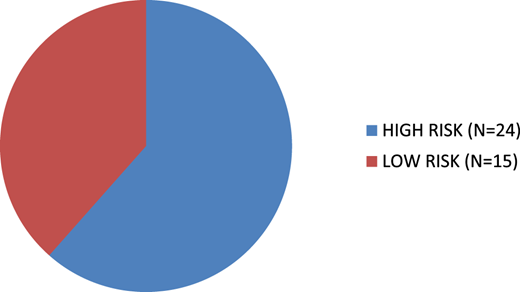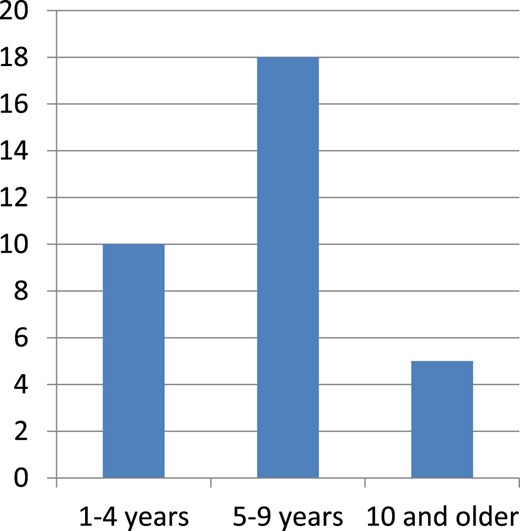Background
Pediatric acute lymphoblastic leukemia (pALL) has excellent outcomes in high-income countries, with 5-year survival approaching 90%. This success has not been duplicated in low-income countries such as Belize because of multiple barriers such as lack of access to diagnostic testing and lack of availability of pediatric hematologists/oncologists and medications. Belizean children seeking treatment for pALL need to travel out of the country to O´Horán General Hospital (OGH) in Mérida, México, which is located 5 hours away from the Belizean border. The intensity and length of treatment for ALL require frequent visits to Mérida, which poses significant financial and familial challenges that result in abandonment of treatment or a decision not to treat newly diagnosed patients.
Capacity building
Belizean children with cancer have been receiving treatment in Mérida since 1999. In 2008, Belize Cancer Center-Dangriga (BCCD) was established as the only cancer treatment center in Belize. This center functions as an ambulatory chemotherapy unit with a staff of 3 (2 oncology nurses [1 of them trained in the United States] and a clinic coordinator). In addition, a US-based hematologist/oncologist travels to the site every 2 months to evaluate and treat adult patients; otherwise, treatment is guided via telemedicine.
Since it opened, BCCD has established a twinning program with pediatric oncologists at OGH. Upon diagnosis, children are evaluated at OGH, where surgery, intrathecal chemotherapy, and high-dose chemotherapy are also provided. Lower-intensity treatments are given at BCCD with guidance via telemedicine, which has been the most viable alternative to abrogate the financial issues leading to refusal or abandonment of treatment.
Chemotherapy at BCCD is provided either by the American nonprofit Belizean Women’s Wellness Foundation or by Casa de la Amistad para Niños con Cancer, a Mexican nonprofit foundation. Hospital expenses are covered by the family at preferential costs. Since 2017, hospital expenses have been fully covered by the Belize Cancer Society/Belize Social Security Board.
Results
Since 1999, 87 Belizean children with cancer have received treatment at OGH, of whom 39 have been treated for ALL or stage IV lymphoblastic lymphoma. Twenty-one of them received treatment solely in Mérida, and 18 received most of their treatment at BCCD. Five of these patients are currently under treatment. Among the 39 patients treated, 24 (61.5%) were classified and treated as high risk and 15 (38.5%) as low risk (Figure 1). Age at diagnosis is shown in Figure 2. Five-year overall survival rate increased from 38% in the pre-BCCD era to 67%, including only those patients who have completed 5 years of follow-up (Table 1).
Conclusion
The creation of BCCD and the establishment of a BCCD-OGH twinning program have dramatically improved cure rates for children with ALL. BCCD has improved access to care by providing in-country access to chemotherapy, thereby eliminating cost and other burdens associated with frequent out-of-country travel to obtain care. This model can be replicated in limited-resource settings, but it requires a dedicated team and strong collaborative efforts.
Authorship
Conflict-of-interest disclosure: The authors declare no competing financial interests.
Correspondence: Pablo González-Montalvo, O´Horán General Hospital, Servicios de Salud de Yucatán, Mérida, México; e-mail: pmgm@correo.uady.mx.



